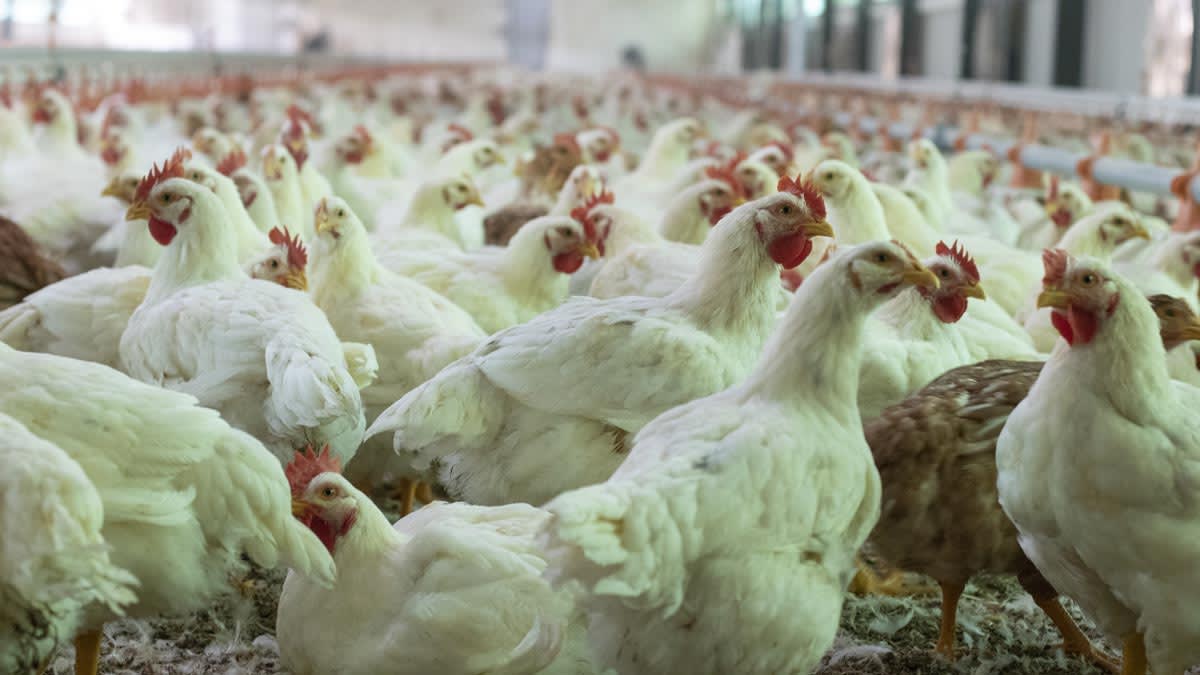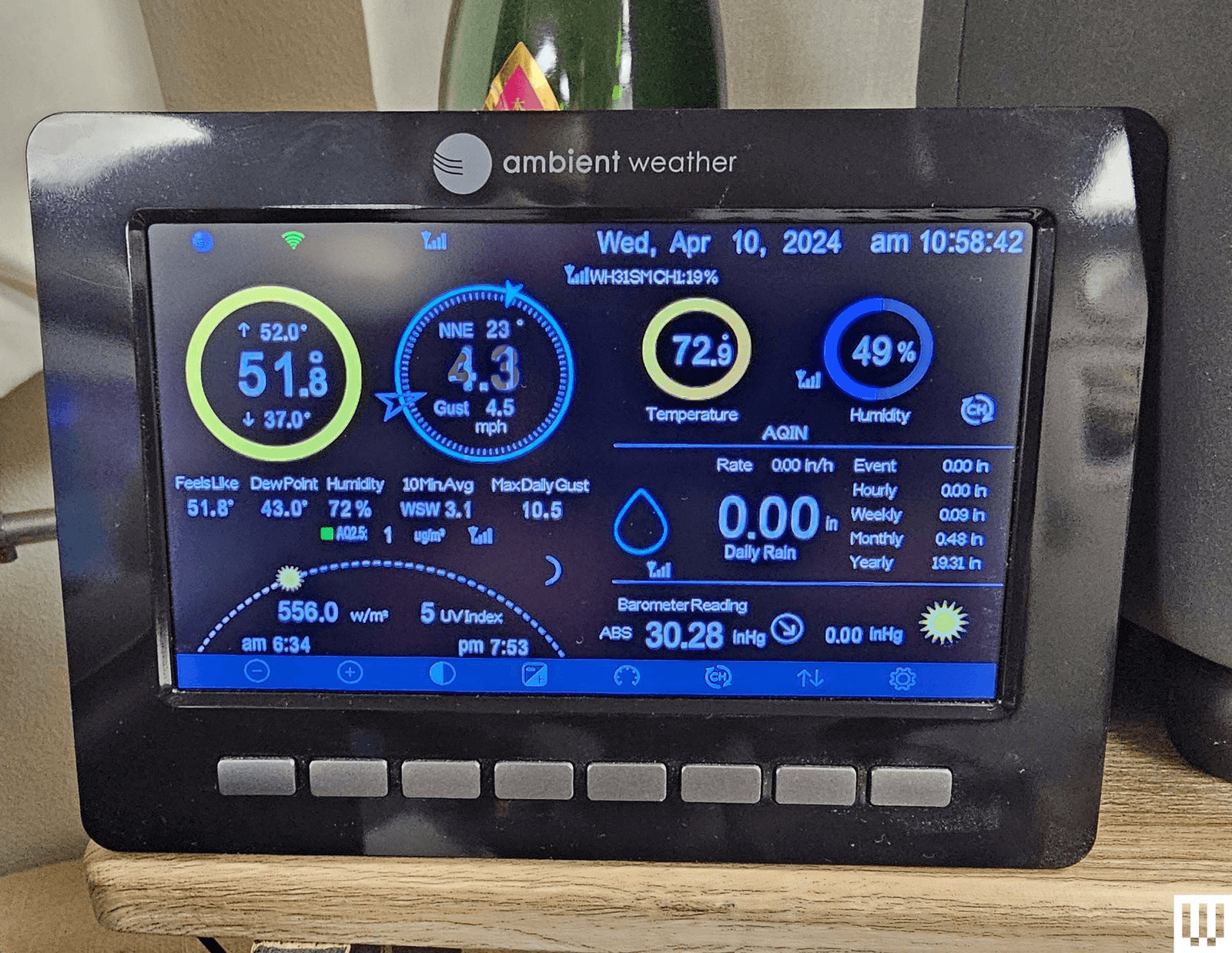
“This is the first time the USDA has proposed establishing a threshold and the consequence of a recall due to salmonella found in specific poultry products,” says Ronholm.
Those actions would be triggered if raw poultry was found to exceed 10 colony-forming units (CFU), and found to be contaminated at any level with one of the three types of salmonella that pose a threat to human health: enteritidis, typhimurium, and I,4,[5],12:i:-. The same limit would apply as well to turkey if it’s found to be contaminated with the typhimurium, hadar, or muenchen strains of salmonella.
Each year, roughly 125,000 people are sickened by salmonella found in chicken, according to the Centers for Disease Control and Prevention.
Federal agencies have said that reducing that number is an important public health goal, says CR’s Ronholm. “That’s why today’s actions are so important. It’s the first major, meaningful step toward protecting consumers from harmful salmonella bacteria. Too much contaminated chicken winds up on consumers’ plates.”
The filthy and crowded conditions in which most chickens are raised means that salmonella can easily spread from one bird to another, says Ronholm. CR’s tests in 2022 of ground meats, including ground chicken and turkey, found salmonella in almost a third of the 75 samples. Ninety-one percent of the ground chicken samples that tested positive for salmonella were contaminated with one of the three strains that pose the biggest threat to human health. And organic meat fared no better.
The new proposed rules would also require poultry producers to establish a way to monitor potential contamination throughout the food processing system. They include “enforceable standards that will result in safer food for consumers and fewer illnesses,” said Tom Vilsack, the USDA secretary, in the press release.
Earlier this year, the agency also finalized a rule that classifies salmonella as an adulterant if it’s detected in breaded, stuffed chicken.
CR’s food safety experts have long called for the USDA to declare salmonella an adulterant in raw poultry in certain circumstances—as the agency has done for deadly, toxin-producing strains of E. coli, such as E. coli O157:H7, in ground beef.









